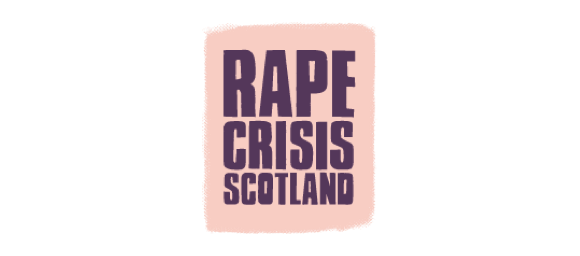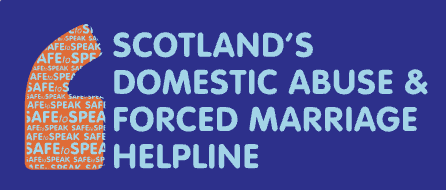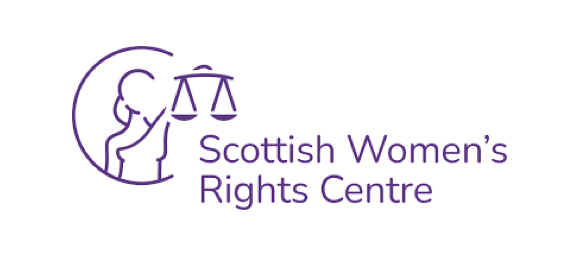Domestic Abuse
Domestic abuse can take many forms. It’s not just physical abuse but also includes coercive and controlling behaviour. Anyone experiencing domestic abuse is encouraged to seek help.
Get support

Abused Men In Scotland (AMIS)
National helpline to support abused men.

Action Against Stalking
Action Against Stalking offers a unique Throughcare Stalking Support Service to those affected by stalking and offers emotional and practical support from experienced professionals.

Amina
Support for Muslim and black and minority ethnic (BME) women.


British Red Cross
Helps people in crisis, whoever and wherever they are.

FearFree
Support for victims of domestic abuse who identify as male or from the LGBT+ Community.

Hemat Gryffe
Support for Asian, black and minority ethnic women.

Karma Nirvana
Support for victims of domestic abuse, forced marriage and honour based abuse.


Rape Crisis Scotland
Support for anyone affected by sexual violence.

Saheliya
Mental health and well-being support for black, minority ethnic, asylum seeker, refugee and migrant women and girls. Telephone: 0141 552 6540

SARCS
The NHS Scotland sexual assault self-referral phone service can help to arrange care for you in the days following a rape or sexual assault.

Scotland’s Domestic Abuse and Forced Marriage Helpline
Scotland’s Domestic Abuse and Forced Marriage Helpline supports anyone with experience of domestic abuse or forced marriage, as well as their family members, friends, colleagues, and professionals who support them.

Scottish Women's Rights Centre
Free and confidential legal information affected by gender based violence such as domestic abuse.


Victim Support Scotland
Provides information, practical help, emotional support and guidance through the criminal justice system. They run a webchat service on their website which from 8am to 8pm, Monday to Friday and 9am to 1pm on Saturday.
Sources of help
Local
Use this interactive map to find a local support organisation near you. Clicking this link will take you to an external website.
Are you hurting the one you love?
Respect
A helpline for anyone concerned about their violence and/or abuse towards a partner or ex-partner.